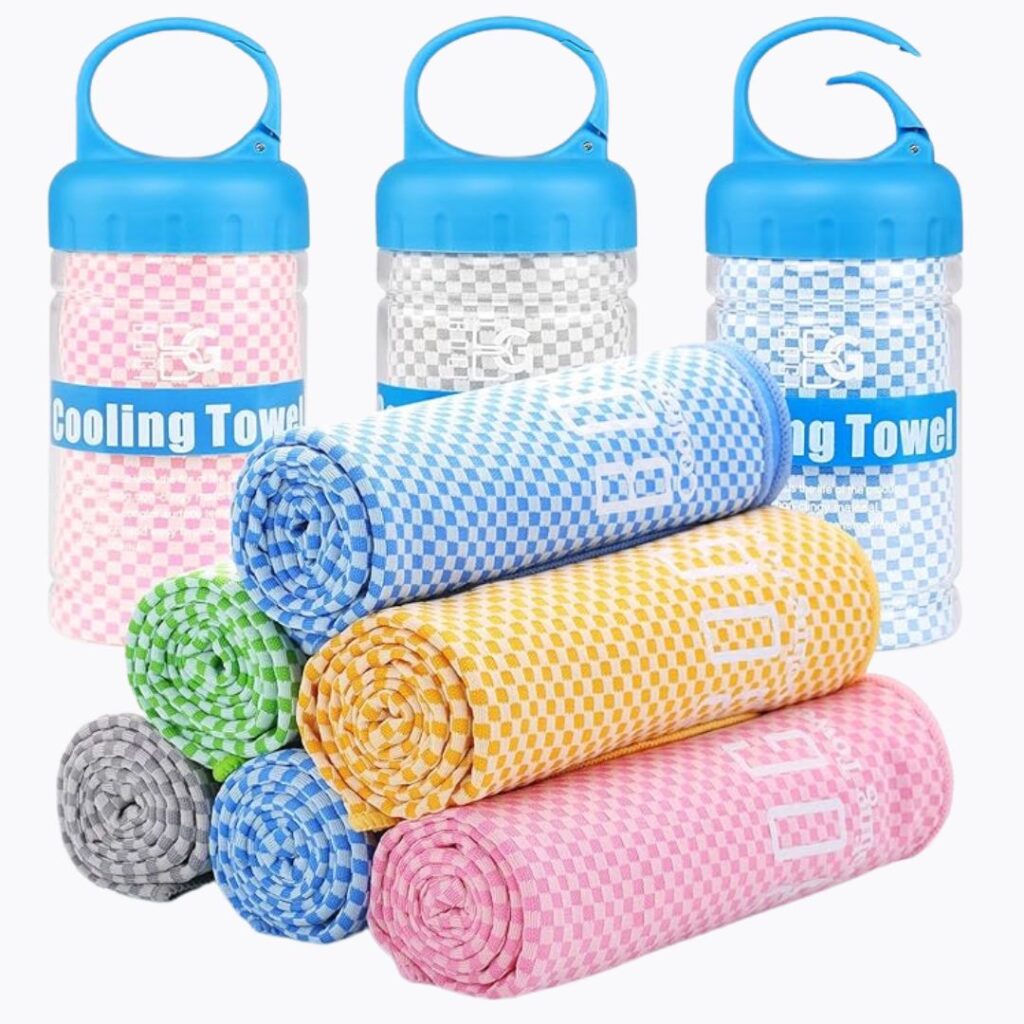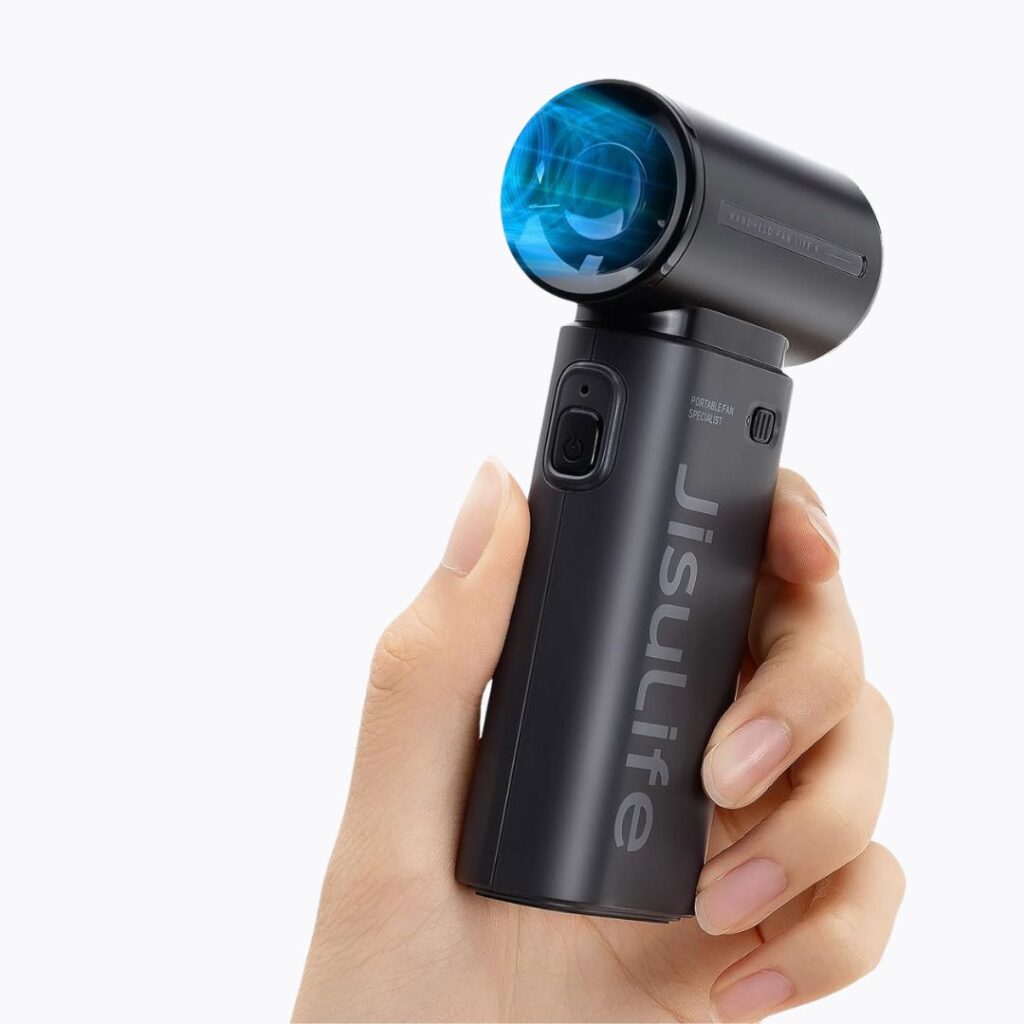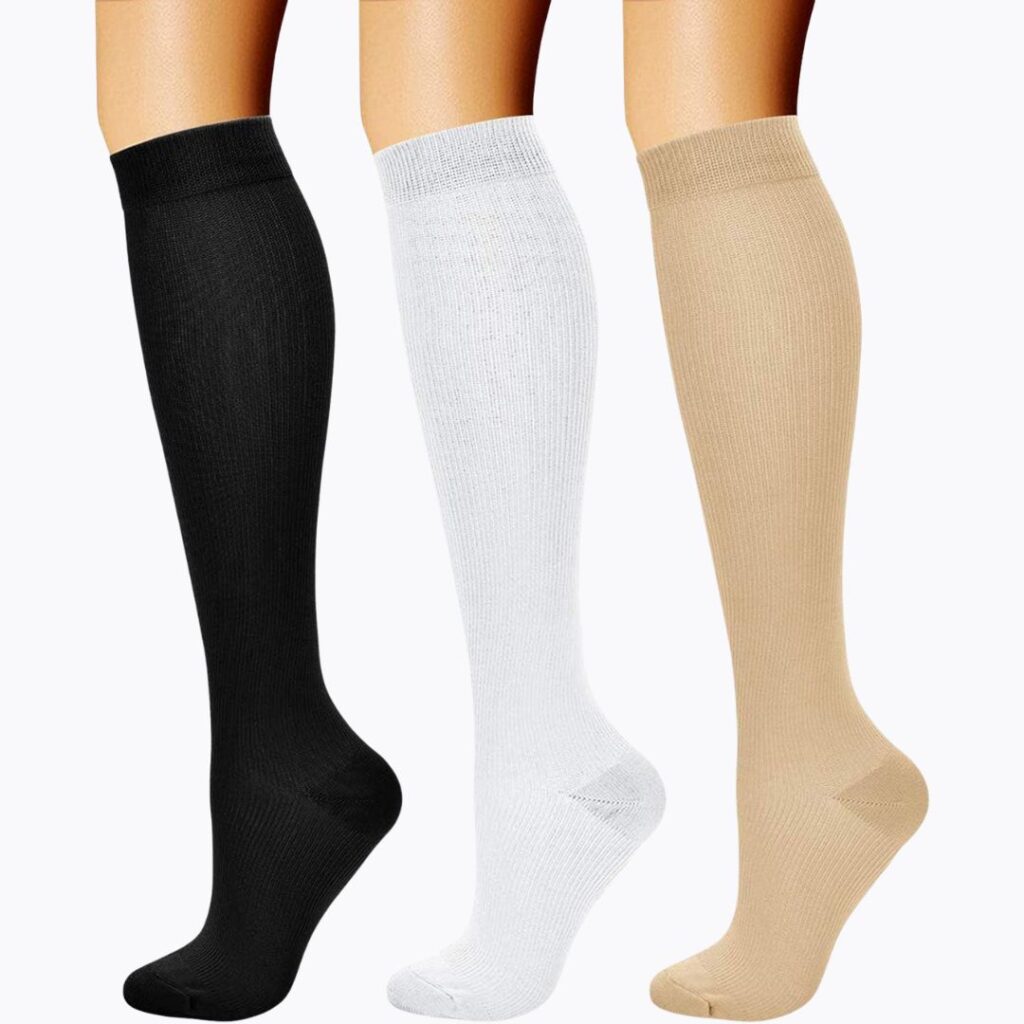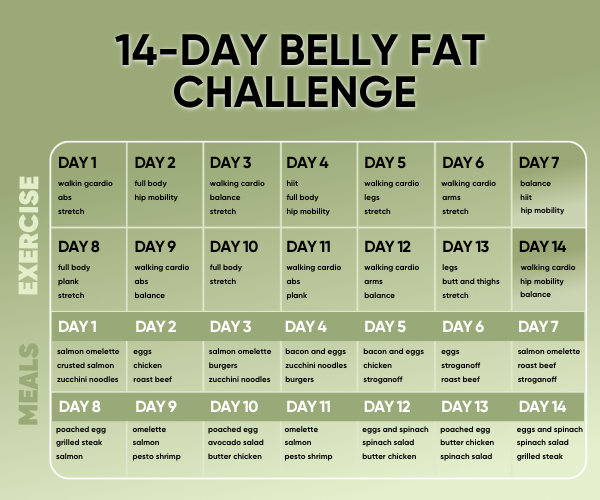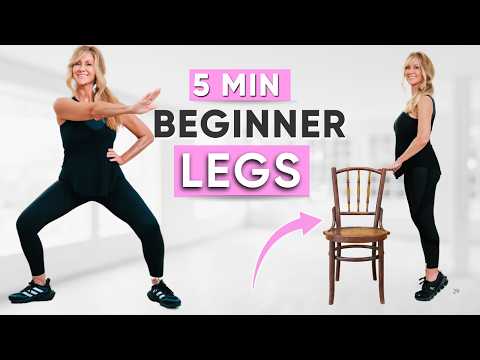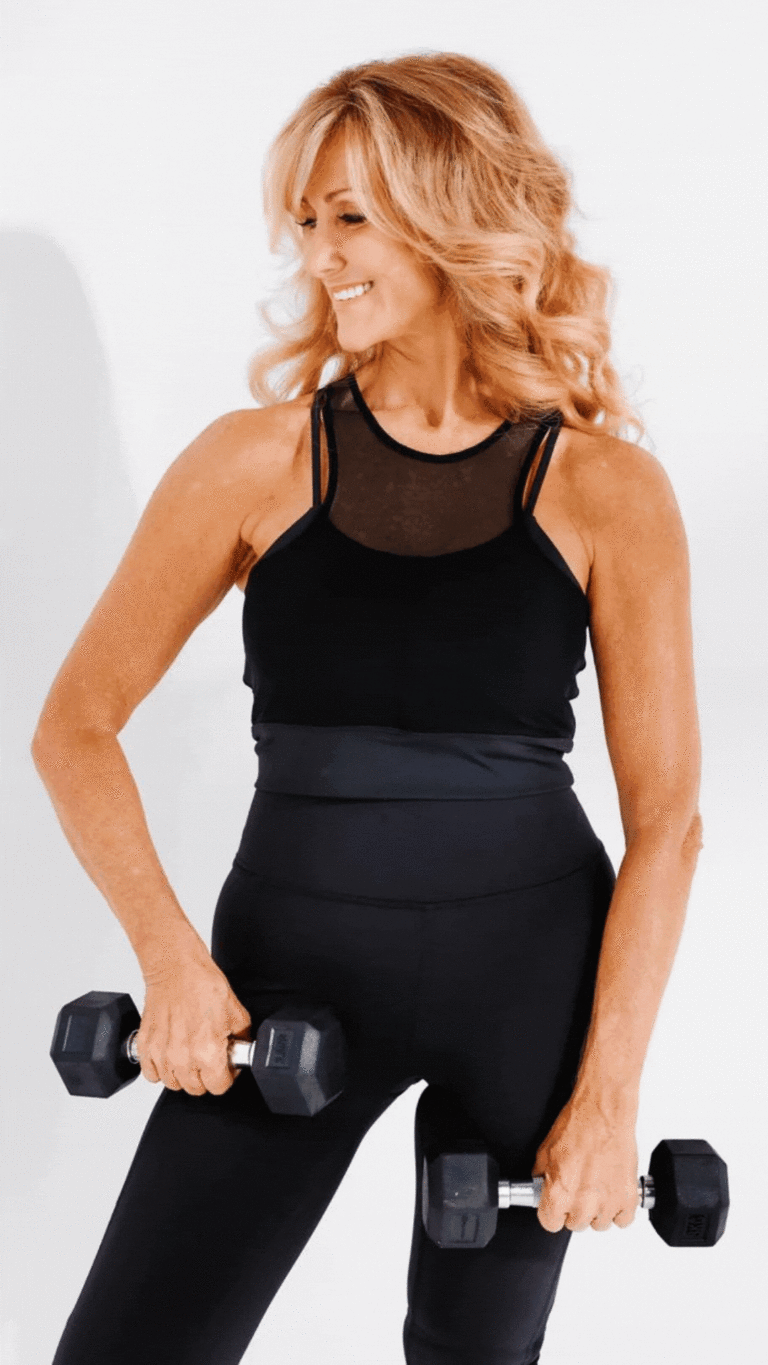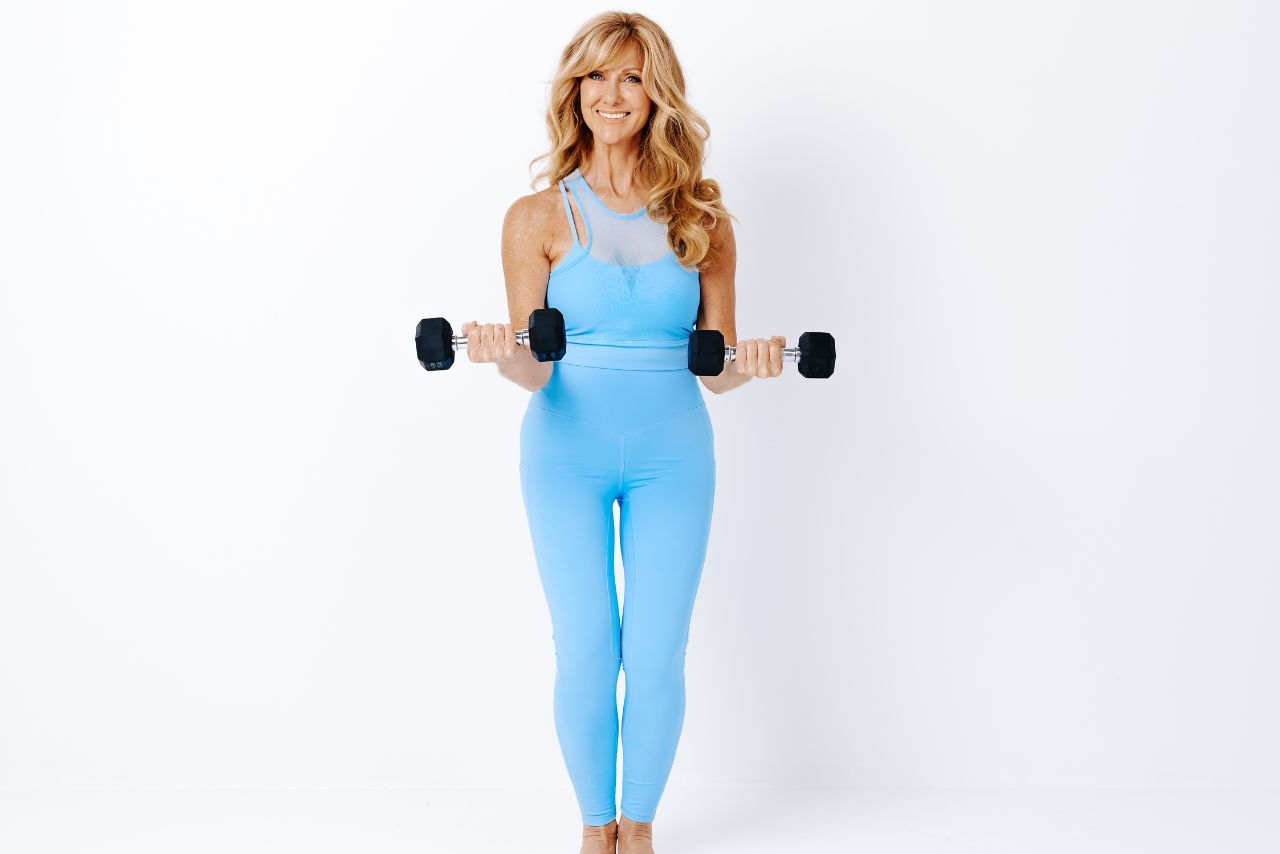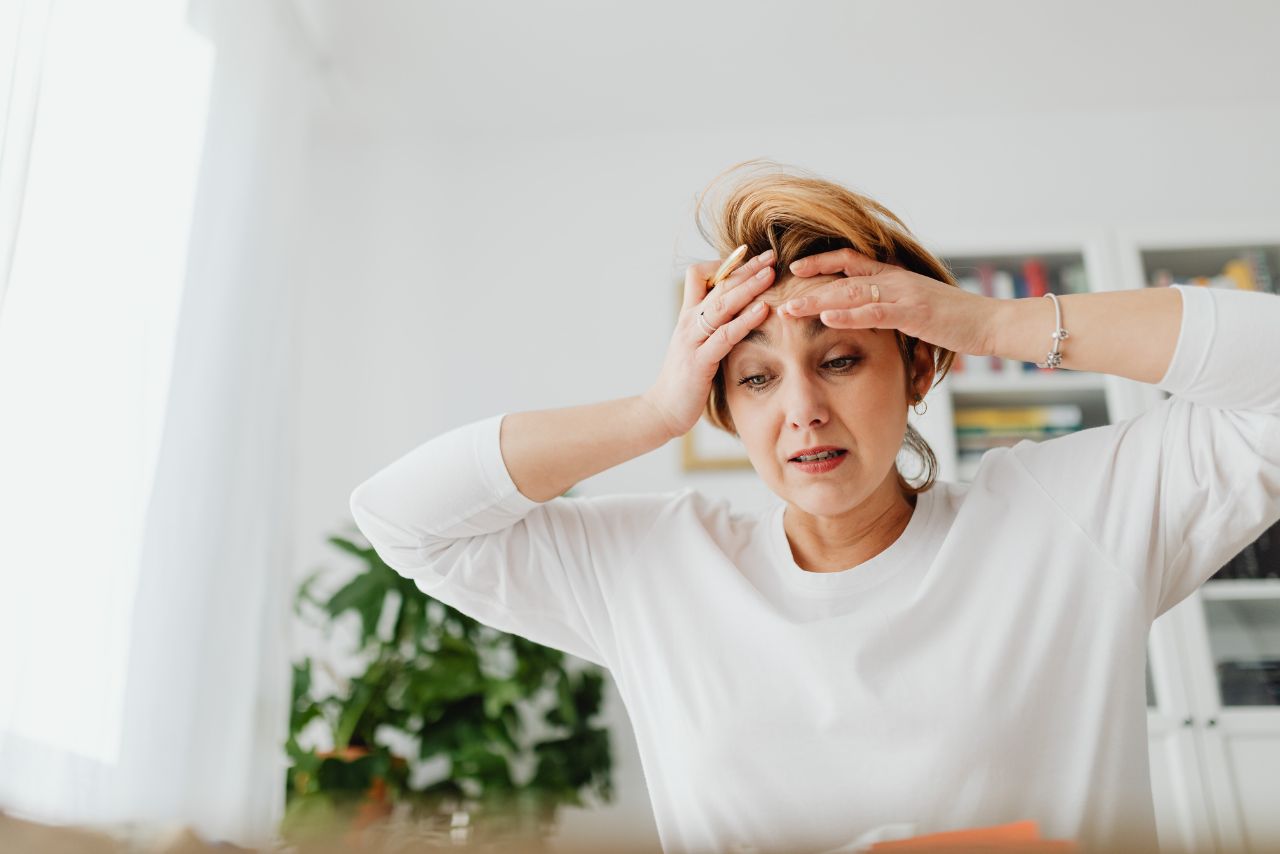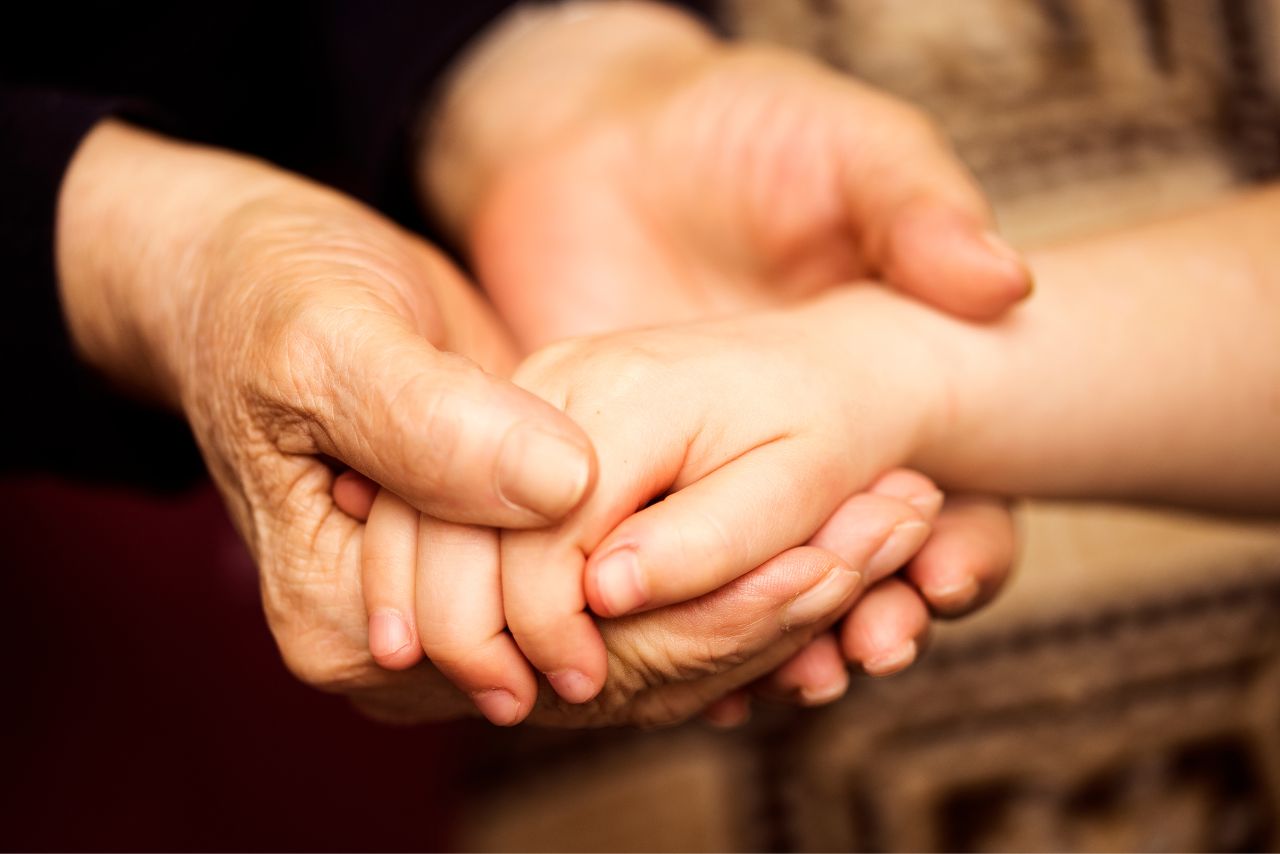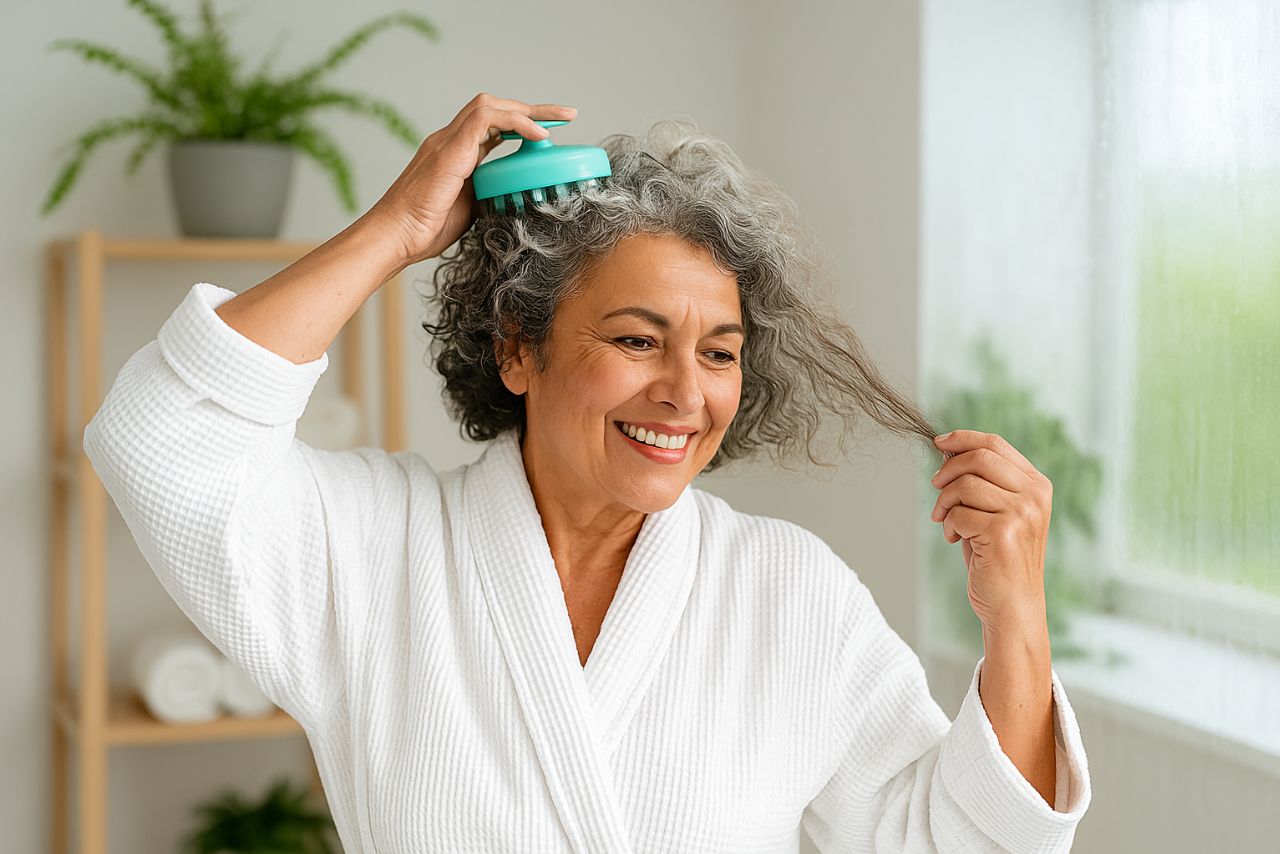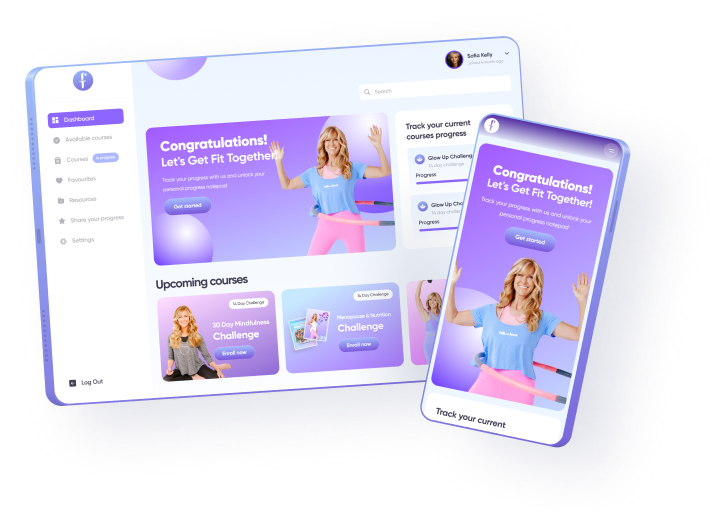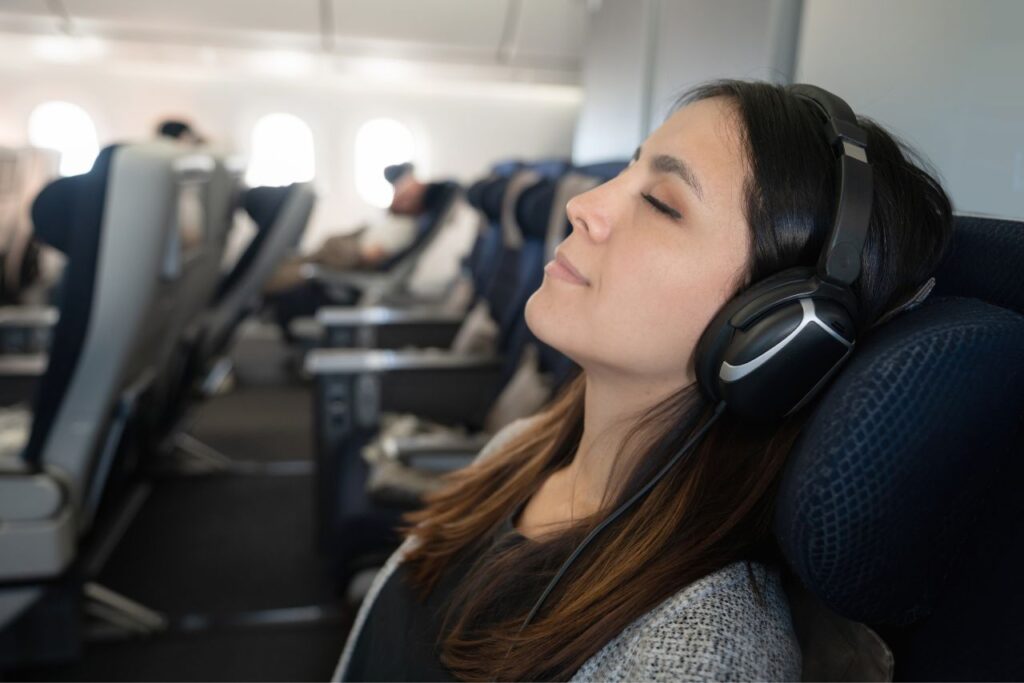
Traveling after 50 is a gift that gives you new places to see, new ways of thinking, and time to be yourself. But for a lot of us going through menopause, a long trip or one with multiple legs can be even harder because of hot flashes, night sweats, tiredness, brain fog, and trouble sleeping.
With a few simple upgrades to your routine (before, during, and after the flight), you can feel calm, cool, and in control, without giving up your trip or your joy.
So, if you’re wondering how to stay comfortable, confident, and well while on flights or long journeys after menopause, you’re not alone.
In this guide, we share research-backed strategies and practical tips you can use to make travel smoother. Life doesn’t stop at 50, and neither should your adventures.
Quick Summary: Menopause Travel Tips for Women Over 50
- Hydrate more than usual: Airplane cabins are dehydrating, which can worsen hot flashes and fatigue. Sip water regularly and limit caffeine and alcohol.
- Dress in breathable layers: Lightweight cotton or moisture-wicking fabrics help manage sudden temperature changes during hot flashes.
- Move every hour: Gentle leg stretches and compression socks can prevent swelling and lower your risk of blood clots.
- Keep medications accessible: Pack HRT, supplements, and menopause relief sprays in your carry-on; TSA allows liquids under 100 ml.
- Prioritize rest and routine: Adjust your sleep schedule a few days before flying and use natural aids like magnesium or chamomile tea to ease jet lag.
How Menopause Affects the Way We Travel After 50
During and after menopause, estrogen declines can change temperature control (hello, hot flashes), sleep quality, and tissue hydration. It gets harder on planes because the cabins are pressurized to about 6,000 to 8,000 feet and the air is dry (10 to 20 percent humidity), which can make things worse.
Menopause changes how our bodies react to stressors, and travel is one of them. Hormonal changes can amplify heat intolerance, sleep disturbances, and sensitivity to dehydration.
Studies show that women going through menopause often have sleep problems and vasomotor symptoms (like hot flashes and night sweats) that make their lives worse. Traveling can make these symptoms worse.
Long sitting also raises the chance of leg swelling and, rarely, blood clots on long journeys. Knowing the real risks and the proven fixes will keep you comfortable and safe.
Crossing time zones can also mess up your internal clock and hormone balance even more. Jet lag messes with melatonin, cortisol, and other systems that change as you get older.
All of this means that as women over 50, we need travel strategies that go beyond sunscreen and comfy shoes. We need smart tools to manage temperature, sleep, hydration, circulation, and symptom triggers.
Table of contents
- Quick Summary: Menopause Travel Tips for Women Over 50
- How Menopause Affects the Way We Travel After 50
- Your Menopause-Smart Travel Plan (Step-by-Step)
- A. Dress Smart & Dress in Layers
- B. Stay Cool, Sip Water, Move Often
- C. Eat Light & Wisely
- D. Use Cooling Tools Strategically
- E. Consider Melatonin for Jet Lag
- F. Mind Your Hormone Clot Risks
- A. Reset Your Clock Quickly
- B. Use Short Naps (Wisely)
- C. Progress Melatonin Use with Caution
- D. Be Gentle With Yourself
- A. Keep Hydrating
- B. Adapt to Climate & Heat
- C. Stay Active, But Gently
- D. Eat Mindfully to Avoid Triggers
- E. Stay on Top of Meds & HRT
- F. Monitor Symptoms
- If You Have Jet Lag, Do This Things (East vs. West)
- Recommended Menopause Travel Products
- Final Thoughts
- Frequently Asked Questions on Menopause Travel Tips
Your Menopause-Smart Travel Plan (Step-by-Step)
1. Pre-Trip Planning (72–24 hours before you fly)
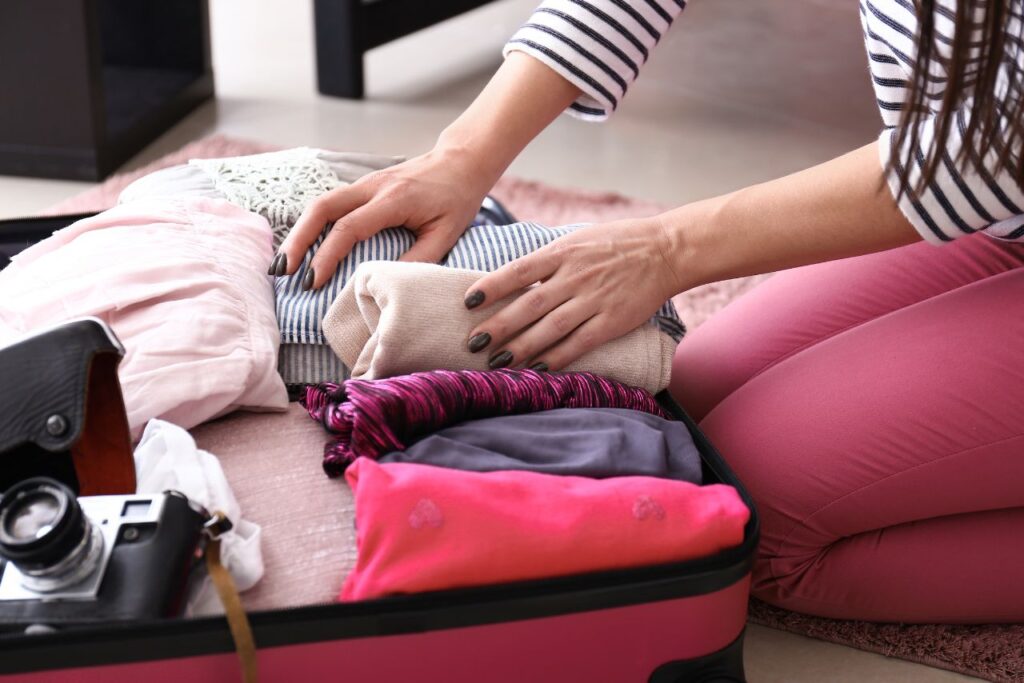
Adjust Sleep & Light Exposure Ahead of Time
In the days leading up to your trip, gradually move your bedtime back 30 to 60 minutes to match the time zone of your destination. This is especially helpful if you’re going east. This helps your circadian rhythm get going.
When you get there, spend some time in natural light, especially in the morning, to help your body adjust to the new time. (This is a widely recommended approach to jet lag.)
Plan a Flexible Itinerary
Build rest days or light mornings into your schedule. Don’t fill every hour with activities, especially at first. Your pacing is more important than ever as menopause changes your energy levels.
Consult Your Healthcare Provider
If you take hormone replacement therapy (HRT) or other prescription drugs, check the rules for where you’re going. In a lot of countries, you can bring HRT with you, but you might need a letter from your doctor and the medicine must be in its original packaging.
Ask if you should wear compression stockings, especially on long flights. Women who take oral estrogen may have a slightly higher risk of blood clots, which can be made worse by long flights.
Prepare a Travel “Menopause Kit.”
Here are essentials to pack:
- Medications and hormone treatments in carry-on (with prescriptions)
- Cooling items: mini fan, cooling towel, facial mist (under 100 ml containers)
- Breathable, layered clothing in natural fibers (cotton, linen)
- Extra underwear, layers, period supplies in case of unpredictable bleeding
- Sleep aids: earplugs, eye mask, travel pillow
- Healthy snacks, electrolyte mixes (low sugar)
- Compression socks (knee-high or thigh)
Having this kit gives you peace of mind and quick responses when symptoms hit.
READ ALSO: Menopause Travel Toolkit (50+): Packing, Plane Comfort, Meds & Sleep
2. Practical In-Flight Menopause Travel Tips (During the Flight & Transit)
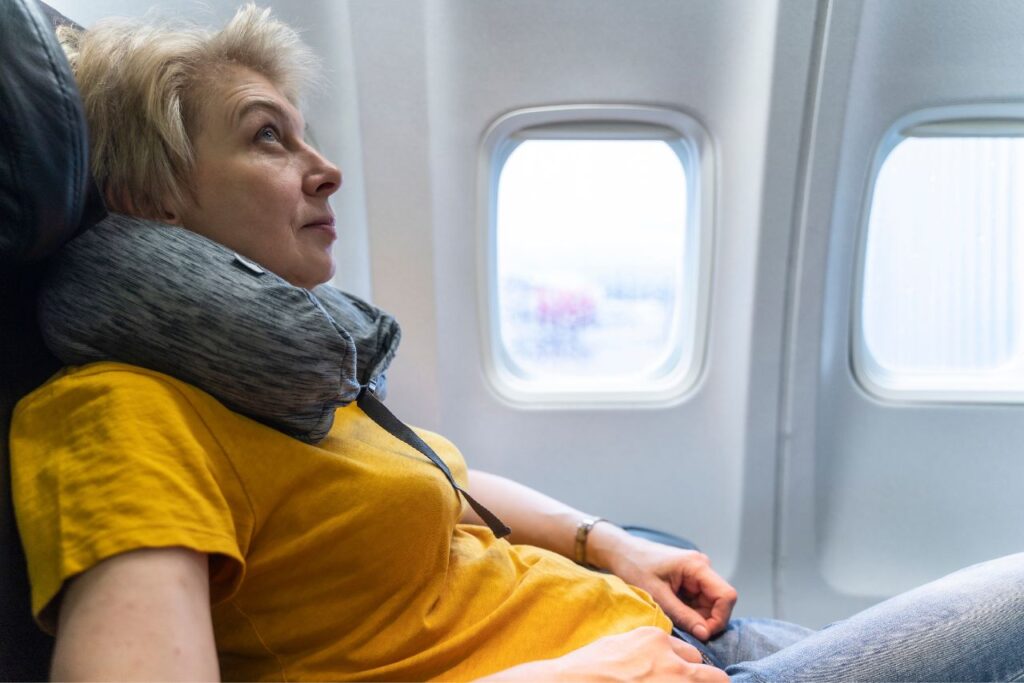
A. Dress Smart & Dress in Layers
Always look for fabrics that let air through and wick away moisture. Layers are your best friend. When you get a hot flash, take off a layer. When you get a chill, add a layer.
Ask for an aisle seat close to the bathroom or a window so you can easily move around, get to cooling aids, or change layers.
B. Stay Cool, Sip Water, Move Often
Dehydration worsens hot flashes and fatigue. Sip water continuously, and avoid excess caffeine and alcohol, which trigger sweating and disturb sleep.
Walk the aisle every hour or two, stretch calves, ankle circles, gentle leg lifts. Use your “break” times to get circulation going.
Compression socks (knee-high) help with circulation and reduce swelling, especially on long flights. If recommended by your doctor, wear them throughout transit.
C. Eat Light & Wisely
Avoid heavy, fried, salty, or spicy foods during the flight, which can cause bloating or trigger a hot flash. Instead, choose lean proteins, fruit, nuts, and whole grains where possible.
If your airline allows, bring your own healthy snacks to avoid depending solely on airplane meals.
D. Use Cooling Tools Strategically
A small facial mist or cooling towel can provide instant relief if a flush strikes. Portable fans help, too (just watch battery restrictions).
A sleep mask and earplugs let you rest despite cabin noise or light. Short naps (<30 min) can help without disturbing your body clock too much.
E. Consider Melatonin for Jet Lag
Melatonin supplementation (0.5–1 mg) in the evening may help reset your sleep-wake cycle and counter jet lag symptoms. However, always consult your clinician first, especially if you’re on other meds.
F. Mind Your Hormone Clot Risks
Because menopause (especially with HRT) can slightly raise the risk for blood clots, and long flights are also a risk factor, stay extra vigilant:
- Avoid long periods of sitting; move frequently
- Hydrate
- Avoid sleeping pills that may immobilize you
- Use compression stockings if indicated
If you have a history of thrombosis or clotting conditions, discuss travel risk mitigation with your doctor well ahead of your trip.
3. Managing Jet Lag & Sleep in a New Time Zone
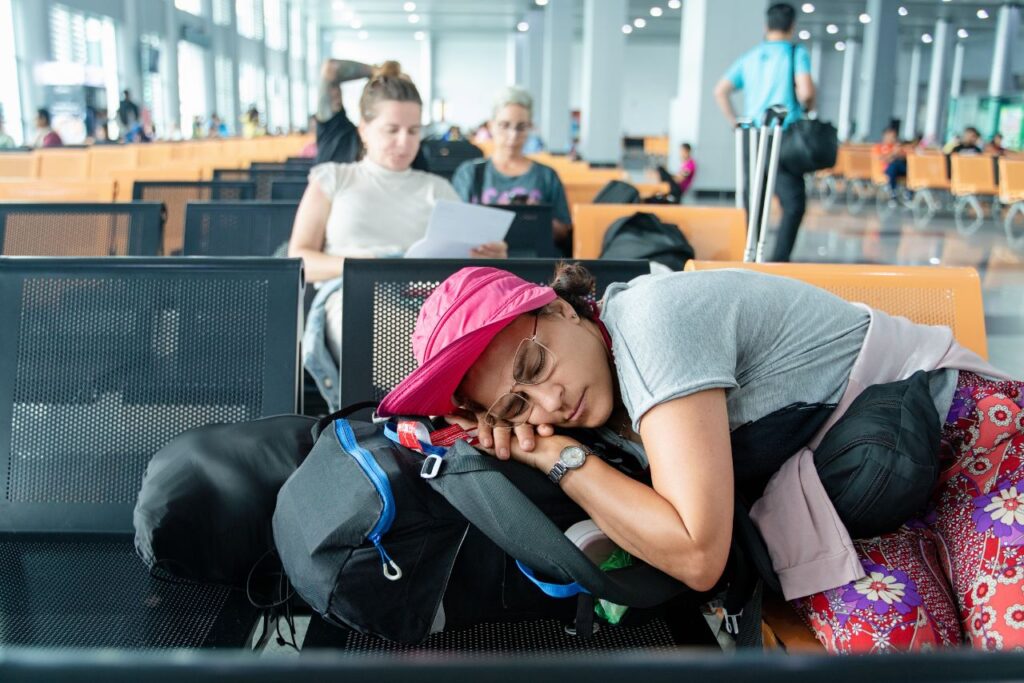
A. Reset Your Clock Quickly
Once you arrive, adopt the local schedule immediately: eat meals, sleep, and move with local times. Expose yourself to bright daylight (especially in the morning); light is the strongest signal to reset circadian rhythms.
Avoid heavy meals, alcohol, or caffeine before bedtime. Stick to a quiet, calming pre-sleep ritual: reading, breathing exercises, etc.
B. Use Short Naps (Wisely)
If you absolutely need rest, limit naps to 20–30 minutes and avoid doing so too late in the day, which may disrupt your night’s sleep.
C. Progress Melatonin Use with Caution
If melatonin was part of your in-flight strategy, you can continue for a few nights until your internal clock aligns. Lower doses often work better than high ones.
D. Be Gentle With Yourself
Your body may take 2–4 days (or longer) to acclimatize fully. Resist the urge to jam in full sightseeing on day one — rest, hydrate, pace your activities.
READ ALSO: Travel Wellness Tips for Women Over 50: Beat Hot Flashes, Stress & Jet Lag
4. Sustain Comfort & Wellness
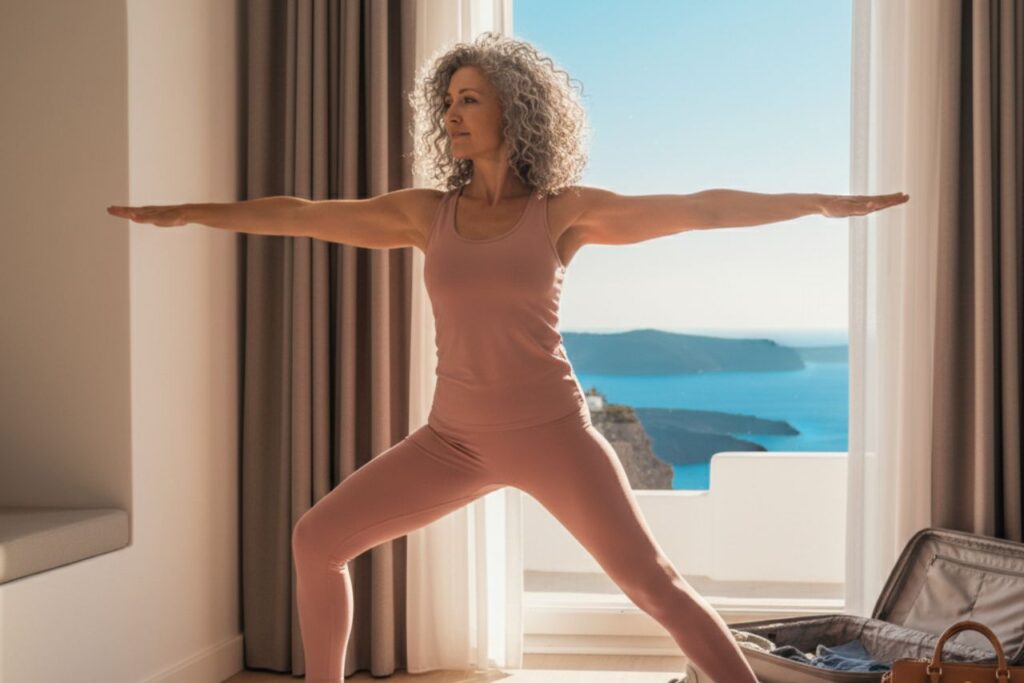
A. Keep Hydrating
Continue sipping water throughout your day. If air conditioning or heat is strong, your body loses moisture faster. Herbal teas and electrolyte mixes (low sugar) can help maintain balance.
B. Adapt to Climate & Heat
Plan outdoor exploring in cooler morning or evening hours. During the hottest part of the day, retreat to shade, indoor spaces, or take a restful pause.
Wear sun hats, carry a folding fan or cooling scarf, and let go of fashion pressure in favor of comfort.
C. Stay Active, But Gently
Daily walking, swimming, hotel-room yoga, or stretching helps circulation, mood, and sleep. Even light movement is better than none.
D. Eat Mindfully to Avoid Triggers
Reduce spicy food, high sugar treats, and heavy alcohol (which can worsen hot flashes and sleep). Favor vegetables, lean proteins, whole grains, and healthy fats.
E. Stay on Top of Meds & HRT
Stick to your dosing schedule. Store medications within recommended temperature ranges. If you lose your medicine or run out, avoid substituting locally without consulting your physician, formulations, potency, or brands may differ.
F. Monitor Symptoms
If you notice unusually severe or persistent symptoms, e.g. swelling, chest pain, or shortness of breath, get medical attention promptly. Don’t dismiss new or alarming signs as “just menopause.”
READ ALSO: The Menopause Meal Plans That Work For Women Over 50 (Backed by Science)
5. Final Checks Before You Return
- Shift your sleep pattern again a few days before return if possible.
- Continue melatonin (if used) for your return transition.
- Stay active and hydrated.
- Pack extra medication for delay contingencies.
- Rest on arrival; don’t rush back into a full schedule immediately.
If You Use HRT or Have Dryness (GSM), Here’s What to Know
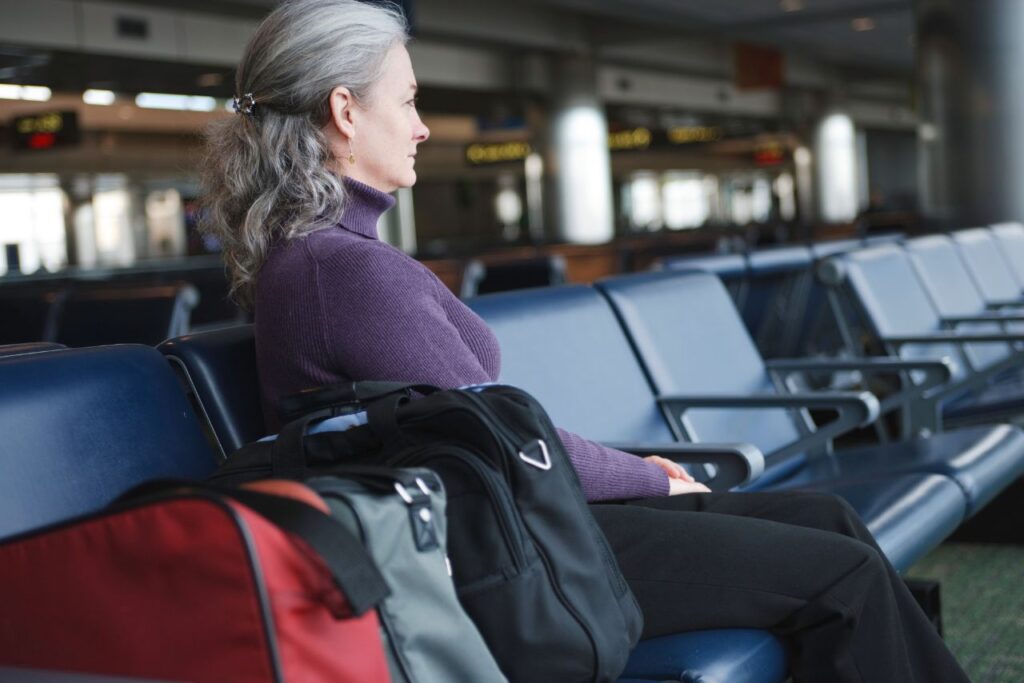
- HRT & clots: Hormone therapy is the most effective treatment for hot flashes and GSM, but route matters for blood-clot risk. Oral estrogen may have a higher pro-thrombotic effect than transdermal (patch/gel), which appears to have little or no effect on clotting markers, per ACOG and The Menopause Society. Discuss your personal risks and route with your clinician, especially for long-haul flights.
- Vaginal moisturizers/lubricants: For dryness, irritation, or discomfort, regular use of moisturizers (several times weekly) and lubricant as needed is safe and effective, even when traveling.
Do you need compression stockings or extra clot prevention?
1) Is your trip longer than 4–5 hours?
- No, move every hour, drink water, and stretch.
- Yes, go to #2.
2) Do you have any risk factors?
If you have a history of DVT/PE, major surgery or a recent injury, active cancer, severe immobility, obesity, or known thrombophilia, talk to your doctor about your personal risks.
- No, wear compression stockings if you tend to swell or want extra protection. Move every hour and drink plenty of water.
- Yes, you should really think about getting graduated compression stockings that go below the knee. Talk to your doctor about personalized medical prevention, like anticoagulants. Aspirin is not preferred for DVT prevention in this setting. Keep moving and hydrating.
READ ALSO: Best Travel Insurance for Women Over 50 With Pre-Existing Conditions
Fast Menopause Hot-Flash Toolkit (you can do all of these on a plane)
- Take off a layer, turn on the fan, and drink something cold.
- Breathing reset: inhale through the nose for 4 seconds, then exhale for 6 to 8 seconds, and repeat this cycle for 1 to 2 minutes.
- Open the air vent and point it at your neck.
- Skip triggers: Hot drinks, wine and spirits, and spicy foods right before and during the flight can make you feel sick.
If You Have Jet Lag, Do This Things (East vs. West)
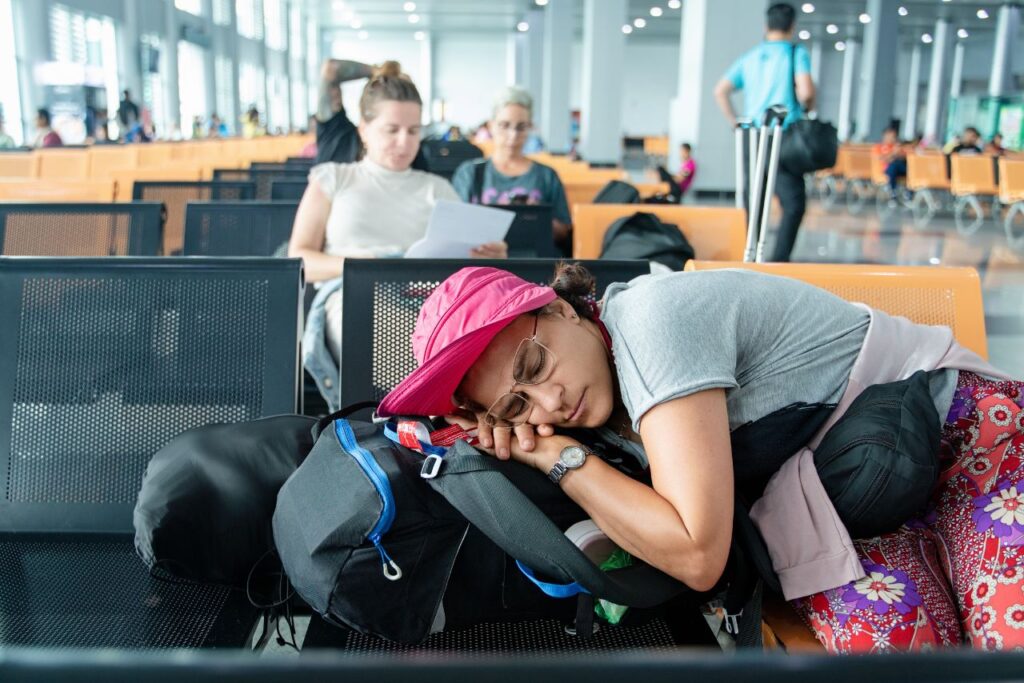
Eastbound (harder):
- Shift bedtime earlier for 2–3 days pre-flight.
- Bright light in the morning at the destination; stay away from bright light at night on days 1 and 2.
- Optional: Talk to your doctor about taking melatonin at the right time (a small dose at bedtime for a few nights).
Westbound (easier):
- Change bedtime to later before the flight.
- When you arrive, look for light in the late afternoon or evening. On the first day, stay away from bright light in the early morning.
The Menopause Travel Packing Checklist
- Layers: breathable tee, light cardigan/jacket, spare top.
- Cooling: hand fan, cooling towel/neck wrap.
- Hydration: empty bottle + electrolytes.
- Dryness: eye drops, saline nasal spray, vulvovaginal moisturizer + lubricant.
- Circulation: below-knee compression stockings (15–20 mmHg).
- Sleep: eye mask, earplugs, neck pillow.
- Meds: labeled HRT and others in carry-on; declaration for medically necessary liquids.
- Snacks: protein-forward, low-spice, low-sugar.
Recommended Menopause Travel Products
Final Thoughts
Traveling during menopause requires a little more intention. With the right menopause travel tips, every woman over 50 can feel good about getting on a plane, no matter where they’re going or how long they’ll be gone. Getting ready is more important than being perfect.
A light scarf for when you get cold, a refillable water bottle to keep you hydrated, and compression socks in your carry-on can make all the difference between feeling tired and arriving refreshed.
It’s important to pay attention to your body and give it what it needs, like exercise, water, and rest. As Harvard Health reminds us, small shifts in routine can greatly improve energy and comfort during travel.
Whether you’re going to see family or finally reaching your dream destination, remember that menopause doesn’t have to stop you. Instead, it’s a chance to travel smarter, care more deeply, and put your health first along the way.
Frequently Asked Questions on Menopause Travel Tips
Yes, medically necessary liquids and creams over 3.4 oz are allowed in the U.S. when declared at security; keep them separate for inspection. Check your travel rules if flying outside the U.S.
Overall risk is individualized. Oral estrogen has a more pro-thrombotic profile, while transdermal estrogen appears to have little or no effect on clotting markers; discuss your route and risk factors with your clinician before long flights.
Yes, high-certainty evidence shows they reduce asymptomatic DVT on flights >4–5 hours; they’re generally well tolerated.
Yes, timed light exposure and sleep schedule shifts are first-line. Timed melatonin can help, but product quality varies; get guidance on dose and timing.
Layer down, cool drink, fan, and avoid hot beverages. Many women find reducing caffeine/alcohol and spicy foods helps.

Take this journey even further: If you want support beyond travel, help with weight management, energy, and nourishment during menopause, our Menopause & Nutrition Bundle is designed for women just like you. It’s a step-by-step guide to eating well, balancing hormones naturally, and feeling your best every single day.
👉 Click here to get your Menopause & Nutrition Bundle today and give your body the fuel it deserves, whether you’re at home or halfway around the world.

